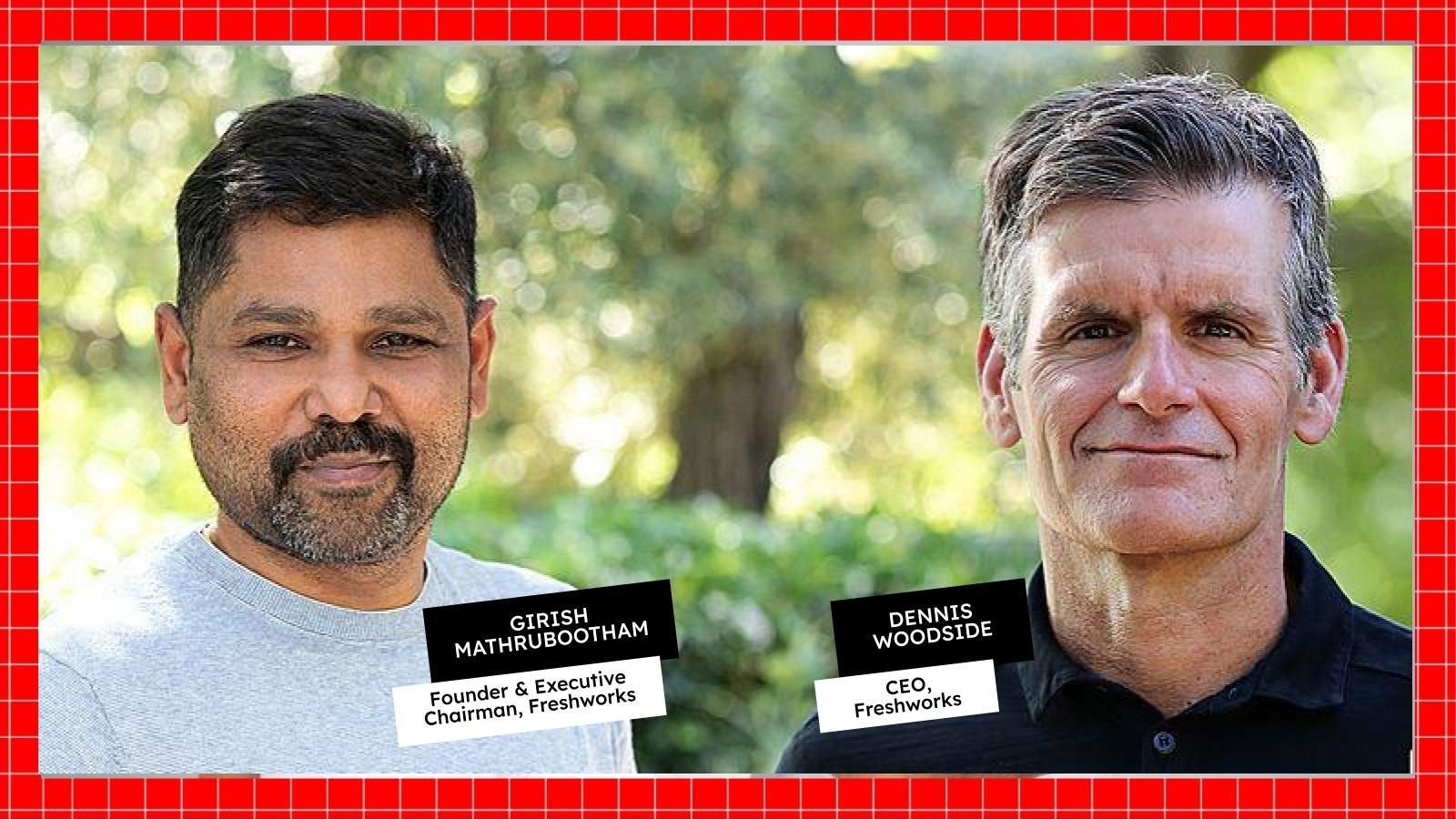Startup
Why Bitcoin and Dogecoin are Skyrocketing?

The cryptocurrency world is buzzing, and for good reason. Bitcoin and Dogecoin, two of the most talked-about digital assets, have skyrocketed to impressive highs as of late. Bitcoin now hovers around an astonishing $75,361, while Dogecoin is drawing attention with its own surge, reaching $0.19133. This recent rise isn’t just the usual market mania—it’s fueled by a unique mix of political shifts, high-stakes investments, and market optimism. So, what’s driving this surge? Let’s break down the key factors, from Wall Street to X endorsements, and uncover why these two cryptos are in the spotlight once again. Whether you’re a seasoned investor or a curious observer, understanding the reasons behind these price leaps can offer valuable insights into the current state of crypto.
Key Factors Driving the Surge
U.S. Presidential Election Outcome
The re-election of former President Donald Trump has been a pivotal factor in the recent crypto market rally. Trump’s administration has expressed strong support for cryptocurrencies, pledging to establish the U.S. as a “bitcoin superpower” and proposing the creation of a strategic Bitcoin reserve.
This pro-crypto stance has bolstered investor confidence, contributing to the surge in Bitcoin and Dogecoin prices.
Institutional Adoption and Investment
The influx of institutional investments has played a crucial role in driving up cryptocurrency prices. Notably, BlackRock’s cryptocurrency fund has attracted over $2.4 billion in the past week, bringing its total assets to more than $29 billion.
Such substantial investments from major financial institutions signal growing acceptance and legitimacy of cryptocurrencies, further fueling market growth.
Market Sentiment and Speculation
Market sentiment has been overwhelmingly positive, with analysts predicting that Bitcoin could reach $100,000 by the end of the year.
This optimism is driven by expectations of a favorable regulatory environment and increased adoption of digital assets. Additionally, the anticipation of Bitcoin’s upcoming halving event in 2024 has historically led to price increases, as reduced supply often drives up demand.
Influence of High-Profile Endorsements
Elon Musk, CEO of Tesla and SpaceX, has been a vocal supporter of cryptocurrencies, particularly Dogecoin. His endorsements have significantly impacted market perceptions and valuations. On October 5, 2024, Musk made a surprise appearance at a Trump rally in Butler, Pennsylvania, where he expressed his support for Trump’s candidacy and policies.
Musk’s involvement in the political arena and his continued advocacy for cryptocurrencies have further fueled market enthusiasm, contributing to the recent price increases.
Market Data Snapshot
- Bitcoin (BTC): Currently trading at $74,229, with an intraday high of $75,355 and a low of $68,787.
- Dogecoin (DOGE): Currently priced at $0.19133, with an intraday high of $0.211182 and a low of $0.166294.
The recent surge in Bitcoin and Dogecoin prices can be attributed to a confluence of factors, including political developments, institutional investments, positive market sentiment, and influential endorsements. As the cryptocurrency market continues to evolve, staying informed about these dynamics is crucial for investors and enthusiasts navigating this volatile landscape.
Note: Cryptocurrency investments are subject to high market risks. It is advisable to conduct thorough research and consult financial advisors before making investment decisions.
Startup
Freshworks reports 22% jump in revenue to $186.6M in Q3

Software-as-a-Service (SaaS) major has reported a 22% growth in revenue, climbing to $186.6 million for the third quarter ended September 30, 2024, up from $153.6 million in the same period last year.
The Nasdaq-listed company parred its losses by 3.55% to $29.9 million during the quarter under review, compared to $31 million in the previous year.
“Freshworks delivered a strong third quarter, with revenue growing 22% year over year to $186.6 million, net cash provided by operating activities margin improving to 23%, and free cash flow margin improving to 21%,” said Dennis Woodside, CEO & President of Freshworks.
“We continue to see mid-market and enterprise companies choose Freshworks as the AI-powered service platform that enables them to scale with exceptional customer and employee experiences,” he added.
Total income from operations amounted to $24 million, up from $17.4 million in the third quarter of 2023.
Earlier in May this year, the California-headquartered firm announced the appointment of Dennis Woodside as the new CEO, with Girish Mathrubootham transitioning to the role of Executive Chairman.
The company reported a rise in its total operating expenses to $195 million in Q3 of 2024, up from $166 million in the corresponding period last year.
The firm reported free cash flow of $40.1 million for the third quarter of 2024, up from $22.1 million a year earlier. As of September 30, 2024, cash, cash equivalents, and marketable securities totaled $1.05 billion.
The net dollar retention rate stood at 107%, compared to 106% in the second quarter of 2024 and 108% in the third quarter of 2023.
Net Dollar Retention (NDR) is a key performance metric that measures how well a company retains and expands revenue from existing customers over time.
The number of customers contributing over $5,000 in annual recurring revenue (ARR) grew 14% year-over-year, reaching 22,359.
In addition, Freshworks onboarded several new customers to its portfolio, including Republic Airways, City of Bellevue, ChampionX, University of Oxford, Sparebank 1, aand TechStyle Fashion Group, among others.
Freshworks also announced that its Board of Directors has approved a stock repurchase programme, authorising the buyback of up to $400 million in outstanding Class A common stock.
A stock repurchase programme or buyback is when a company buys back its own shares from the open market in order to increase the value of the remaining shares by reducing the overall supply.
The firm ended the quarter with the launch of Freddy AI Agent, an easy-to-deploy autonomous service agent designed to enhance both customer experience (CX) and employee experience (EX).
The introduction of Freddy AI Agent comes at a time when many enterprises are adopting AI agents to streamline their workflows. The AI agents can be deployed within minutes and have resolved an average of 45% of customer support requests and 40% of IT service inquiries, said the company in a statement.
In September, Freshworks welcomed former ServiceNow executive Murali Swaminathan as its new Chief Technology Officer. Additionally, after nearly five years, the company’s Chief Product Officer Prakash Ramamurthy stepped down to pursue new career opportunities.
An SEC filing on August 5 announced the appointment of Philippa Lawrence as Chief Accounting Officer. Earlier in the year, Pradeep Rathinam, who served as Chief Revenue Officer, left the company in February.
Startup
Why ‘family’ culture may harm your workplace dynamics

Imagine starting a new job and hearing your manager proudly say, “We’re like a family here.” It sounds warm, inviting, and comforting. But while this sentiment is well-meaning, it may not be the most effective way to frame a business environment. The “family” metaphor is appealing because it promises loyalty, unconditional support, and unity. However, it also implies blurred boundaries, potentially toxic relationships, and unbalanced expectations.
In the realm of business, where clarity, structure, and professionalism are paramount, treating your company as a ‘family’ may set you up for challenges that undermine both productivity and well-being.
The origins of the ‘family’ mentality
The idea of the workplace as a family emerged from a desire to foster camaraderie and trust among employees. Companies wanted to create spaces where people felt safe and motivated, boosting morale and retention. While intentions may have been noble, the execution often leads to problematic outcomes.
Why the ‘family’ mentality falls short
Blurred boundaries and unrealistic expectations
Families are typically associated with unconditional support. However, in a business setting, this mindset can lead to unrealistic expectations where employees feel pressured to go above and beyond their professional scope. This often leads to burnout, as employees may struggle to say no or set boundaries out of fear of disappointing their ‘family.’
Difficulty in addressing underperformance
In a true family, love and loyalty often override consequences for poor behaviour. In a business, however, the stakes are different. Maintaining a ‘family’ mindset can make it difficult for leaders to objectively address underperformance or make tough decisions like layoffs. This approach can create a culture where mediocrity is tolerated, affecting overall productivity and efficiency.
Favouritism and unbalanced treatment
Family-like dynamics can also lead to favouritism or perceptions of unequal treatment, fostering resentment among team members. In a business context, it’s vital to maintain fairness and transparency. The ‘family’ approach may compromise this, as leaders might subconsciously favour those they feel closer to, creating division and tension among teams.
Toxic relationships and emotional burden
Families can have complex, sometimes toxic, dynamics that don’t translate well into professional settings. The ‘like a family’ mantra can encourage employees to bear the emotional weight of their coworkers’ problems or poor behaviour. This added emotional labour is unsustainable and distracts from the primary focus of achieving shared business goals.
Resistance to change
Families tend to value tradition and continuity, sometimes at the expense of adaptability. For a company, clinging to the ‘family’ ideology can hinder innovation and growth. Businesses need to be dynamic, and capable of making strategic shifts without being tied down by the emotional attachments that come with a familial mindset.
What companies should aspire to instead?
Instead of aiming to be ‘like a family,’ companies should adopt a framework that prioritises clear roles, responsibilities, and support structures that respect personal and professional boundaries. Here’s what companies can aim for:
- A supportive community: Unlike a family, a community is built on mutual interests and goals, with a shared sense of purpose but clear boundaries.
- A high-performing team: Teams are focused on collaboration and mutual accountability, maintaining professionalism while fostering trust.
- An empowering culture: Cultivate an environment that encourages personal growth and collective success without imposing unrealistic emotional burdens.
While it’s tempting for companies to aspire to be ‘like a family’ for the sake of unity and morale, it often comes at the cost of professionalism, clear boundaries, and effective leadership. Instead, organisations should strive for a balanced culture that upholds mutual respect, accountability, and a shared vision. The key to long-term success lies in creating a work environment that empowers individuals while maintaining clear lines between the personal and the professional.
Startup
Inflexor Ventures raises Rs 280 Cr as first close for Opportunities Fund

Early-stage venture capital firm Inflexor Ventures raised Rs 280 crore as the first close of its Rs 350 crore Opportunities Fund, raising capital from a diverse set of investors.
In a statement, Inflexor said that HDFC AMC Select AIF FoF I Scheme is the dominant limited partner in the fund. Besides, it also saw participation from HNIs, family offices, corporates, and other institutions.
The VC firm aims to achieve the final close of the fund by the end of this month.

Founded by Venkat Vallabhaneni, Jatin Desai, and Pratip Mazumdar, Inflexor Ventures is a sector-agnostic VC firm managing Rs 1,000 crore of assets under management (AUM) with a portfolio of 26 startups.
According to the VC firm, this transaction has generated returns and liquidity for all its existing Fund-I investors, including IDFC Limited and Sumankant Munjal Family Office through a full portfolio sale of assets.
The VC firm noted that part of the target corpus of the Opportunities Fund will be allocated over the next three to five years to maintain or increase stake in their portfolio companies.
“The first close within six months, bolstered by a sizeable investment from HDFC AMC, underscores strong investor confidence in the underlying portfolio,” said Pratip Mazumdar, Partner at Inflexor.
Inflexor is currently deploying from its second fund raised during 2021 and has invested in companies, including Kale Logistics, Atomberg, PlayShifu, ClickPost, and BioPrime.
It also sold stakes and exited one of its second fund’s portfolio companies Steradian Semiconductors to a Tokyo-listed strategic Japanese company.
Inflexor has been an early investor in startups like Atomberg, Kale Logistics, Entropik, Bellatrix, Clickpost, and Cloudsek.
-

 Startup Stories1 year ago
Startup Stories1 year agoWhy Millennials, GenZs Are Riding The Investment Tech Wave In India
-

 Startup Stories1 year ago
Startup Stories1 year agoStartups That Caught Our Eyes In September 2023
-

 Startup Stories1 year ago
Startup Stories1 year agoHow Raaho Is Using Tech To Transform India’s Fragmented Commercial Trucking
-

 Startup Stories12 months ago
Startup Stories12 months agoMeet The 10 Indian Startup Gems In The Indian Jewellery Industry’s Crown
-

 Crptocurrency8 months ago
Crptocurrency8 months agoLither is Making Crypto Safe, Fun, and Profitable for Everyone!
-

 Startup Stories1 year ago
Startup Stories1 year agoHow Volt Money Is Unlocking The Value Of Mutual Funds With Secured Lending
-

 Startup Stories1 year ago
Startup Stories1 year agoWhy Moscow-Based Kladana Considers Indian SME Sector As The Next Big Market For Cloud Computing
-

 E-commerce1 year ago
E-commerce1 year agoTop Online Couponing Trends To Watch Out For In 2016




